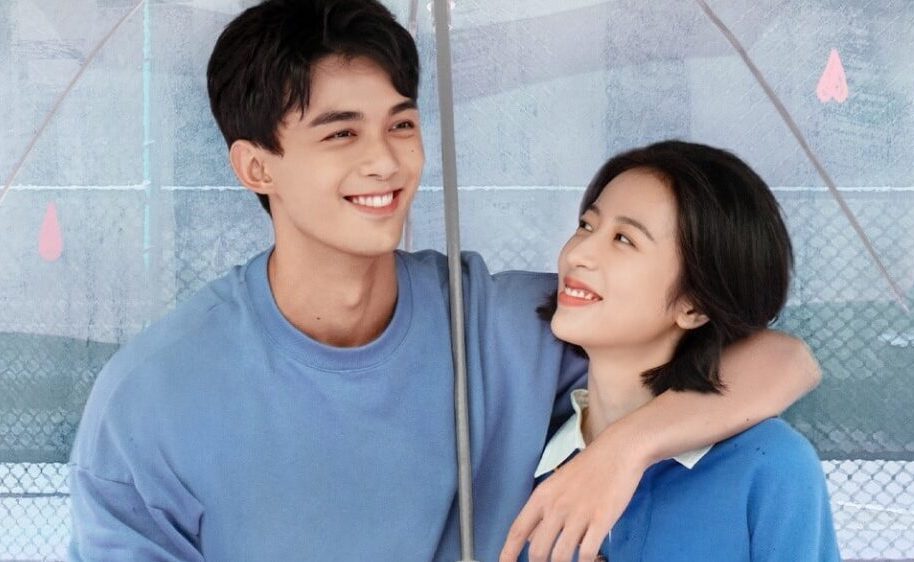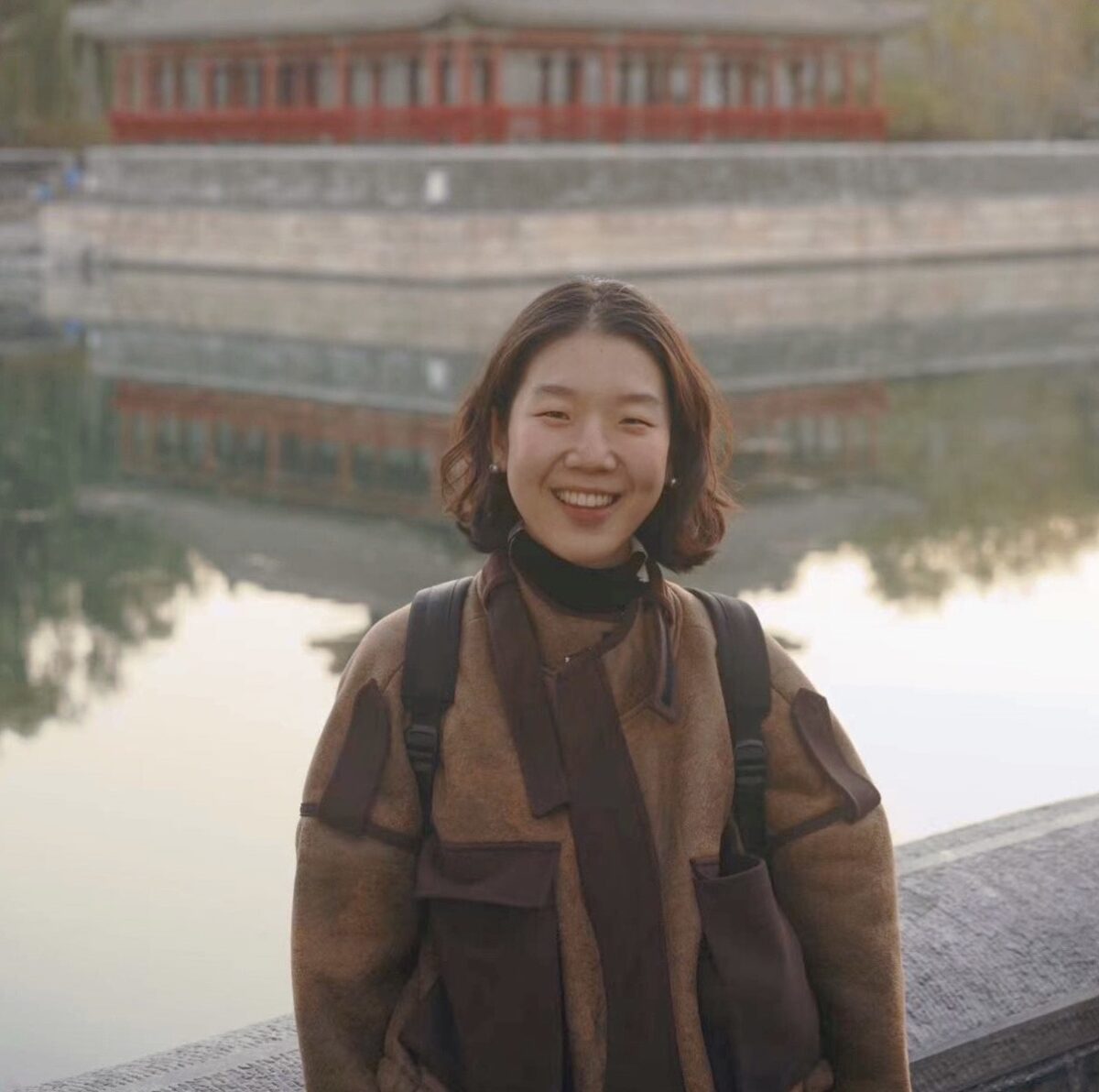Hit Chinese drama shows audiences what a healthy relationship looks like
Written by Zhang Yingji, “Nothing But You” has won over audiences by depicting a romance between a young man and an older woman. But the show is about much more than age.

Nothing But You (爱情而已 àiqíng éryǐ), a popular TV drama that recently concluded its single-season run, has brought the topic of older women dating younger men — 姐弟恋 jiě dì liàn — to the center of discussion in China. But it’s about much more than that.
The original Chinese title can literally be translated as “It’s Just Love,” which might have put off some viewers accustomed to shallow TV romances full of melodrama and sap. But Nothing But You hit deeper, and achieved the rare feat of pleasing critics, ordinary people (it has a rating of 8.2 out of 10 on Douban), and authorities. The Communist Party’s official newspaper, the People’s Daily, ran a glowing review, saying that the show shines a light on many career and relationship anxieties faced by early- and mid-career young adults, and that the healthy romantic relationship between the two main characters was like a ray of “sunshine.”
Nothing But You follows the development of a romantic relationship between the 22-year-old badminton athlete Song Sanchuan (Leo Wu [吴磊 Wú Lěi]) and the 32-year-old executive assistant Liang Yongan (Zhōu Yǔtóng 周雨彤). In one scene, Song’s stepdad teases Song about Liang’s age, to which Song replies, “It’s not that I’m into people who are 10 years older than me, it’s that I am into Liang Yongan.”
Previous productions have tried to depict romances with an age gap, but were criticized for being unrealistic and filled with stereotypes, such as an older “boss lady” dating a younger “little fresh meat” (小鲜肉 xiǎo xiān ròu). But the producers of Nothing But You wanted something else. In an interview with the magazine Renwu, screenwriter Zhāng Yīngjī 张英姬 said the show wanted to focus on the maturation of its characters as well as the importance of mutual respect in a relationship. “Nothing But You is about two complete individuals,” Zhang said. “It doesn’t matter how big the age gap is, the reason they can be together is because they see each other on equal footing…they grow together.”
Song Sanchuan has won the hearts of women viewers for his gentlemanliness. “Equality and respect seem simple, but many men just cannot do it,” a viewer from Ningxia wrote. Viewers praise Song for his “sense of boundaries,” such as when he carefully avoids unnecessary physical contact with Liang before he knows she’s ready. Wu Lei, the actor who plays Song, expressed in an interview that reading the script of Nothing But You made him more aware of “how men should behave, and what being an excellent man means.”
But what Nothing But You offers that other shows haven’t, more than anything else, is a wholesome depiction of what a healthy and mutually supportive relationship looks like. This might not seem like much, but news these days is often littered with reports of misbehavior. Just this month, a famed screenwriter was hit with allegations of sexual misconduct, prompting a renewed discussion on Chinese social media about what is appropriate and what isn’t.
Nothing But You has also been praised for challenging traditional gender norms in China. Some audiences proudly posted on the social media app Xiaohongshu scenes such as Liang Yongan painting Song Sanchuan’s nails, or Song cooking for Liang in an attempt to impress her mother. Other men are depicted wearing pink shorts while playing sports, while Liang tells her friend that she thinks it’s fine for boys to play with Barbie dolls and girls to play with toy trucks.
The significance in portraying gender equality in Nothing But You has not gone unnoticed. Harper’s Bazaar China wrote in a review, “Films and TV shows are some of the main media influencing public opinion, and their power to shape gender discussions and representation cannot be overlooked.” The review highlighted screenwriter Zhang’s emphasis on respect, and pointed out that Song and Liang’s relationship stands in sharp contrast to that of two other characters, Jiang Jie (Liang’s boss) and Chen Ke, who are in a hierarchical relationship filled with condescension.
Many attributed the successful representation of healthy and equal gender dynamics to the show having a woman screenwriter. Zhang Yingji, who also wrote the acclaimed 2020 series Nothing But Thirty (三十而已 sānshí éryǐ), is a mother in her thirties who empathizes with the personal and career struggles that women face.
When it comes to writing female characters in their thirties such as Liang Yongan, however, Zhang said she is cautious. “Marriage and pregnancy are life stages that heavily affect women’s careers,” Zhang told Renwu, “and I think scriptwriting (for female characters) carries great responsibilities and still has a long way to go. I hope I can encourage women to not feel trapped. I hope they can always try to reach for the things they need more, and I hope they can always have the right to choose for themselves.”






